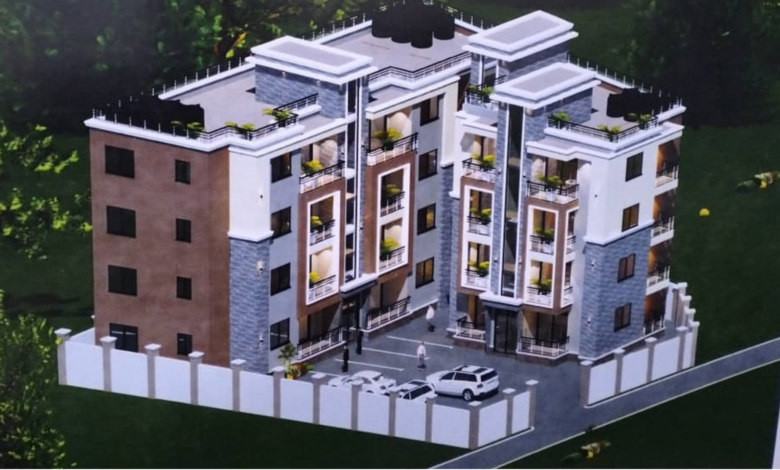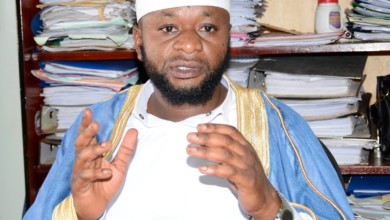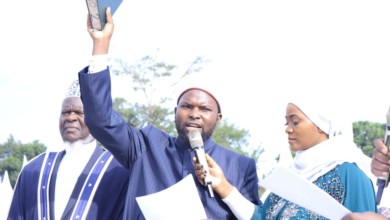UMSC upgrades Mufti’s residence to commercial apartment block

By Ahmed Idriss
The historical residence of the Mufti at the former Uganda Muslim Supreme Council (UMSC) housing estate at Najjanankumbi in Kampala’s Lubaga division, is undergoing extensive modifications to convert it into an apartment block. This development is part of the Muslim apex body’s strategic efforts to diversify and expand its revenue streams.
The is the last remaining structure of the 18-bungalow housing estate which until the 1990s belonged to the Muslim community. The estate was part of 233 prime properties donated to the Muslim community by President Idi Amin in the early 1970s. Unfortunately, successive leaderships at Old Kampala lost control of these properties over time.
Records show that the 17 bungalows at Najjanankumbi were lost in lawsuits stemming from the power struggles between Sheikh Hussein Rajab Kakooza and Sheikh Ibrahim Saad Luwemba in the 1990s.

According to the UMSC secretary-general, Hadji Abasa Muluubya Ssekyanzi, the modifications to the Mufti’s official residence will transform it into a complex featuring 20 upscale apartment units, expected to be completed by November 2025.
Muluubya on November 20, informed the weekly UMSC national management meeting chaired by the Mufti, Sheikh Shaban Ramadhan Mubaje, that the project is progressing smoothly and will significantly enhance the council’s revenue streams upon completion.
Additionally, Mubaje reported that UMSC had recovered key properties within Kampala, including plots of land at Kulambiro in Kawempe Division, and at Busega in Lubaga Division, which had previously been lost due to missing ownership documents and lack of physical possession.
“This marks a significant achievement for UMSC,” Mufti Mubaje remarked, prompting members to celebrate with “Allahu Akbar” chants in gratitude to Allah.
Appearing on Spark TV’s Thursday morning talk show, Mwasuze Mutya, on November 21, Sheikh Mubaje disclosed that the number of properties under UMSC’s care has significantly increased from seven land titles in 2000, when he assumed office, to over 1,000.
“We now possess over 1,023 titles for properties across the country,” Mubaje told his audience.







